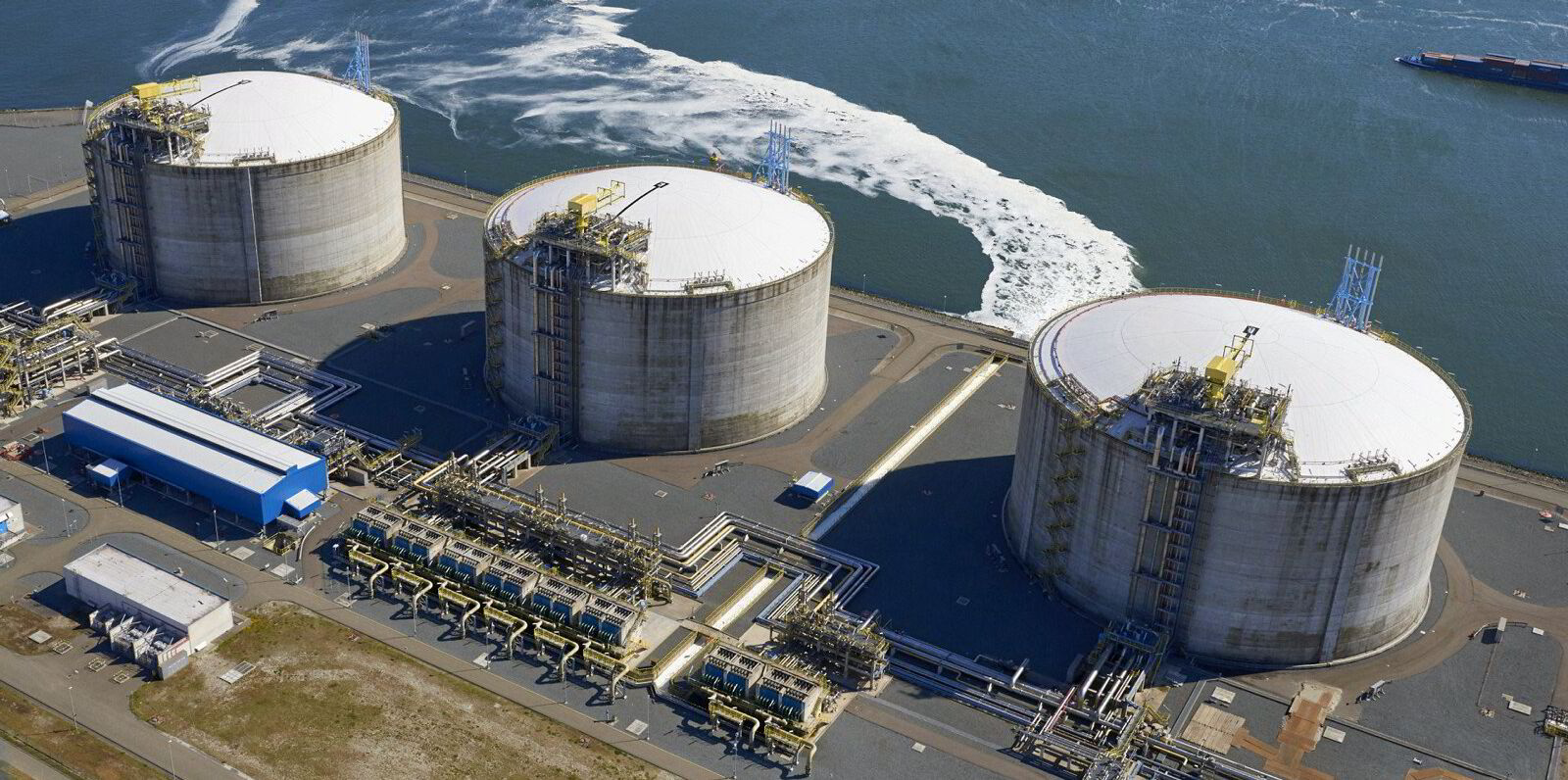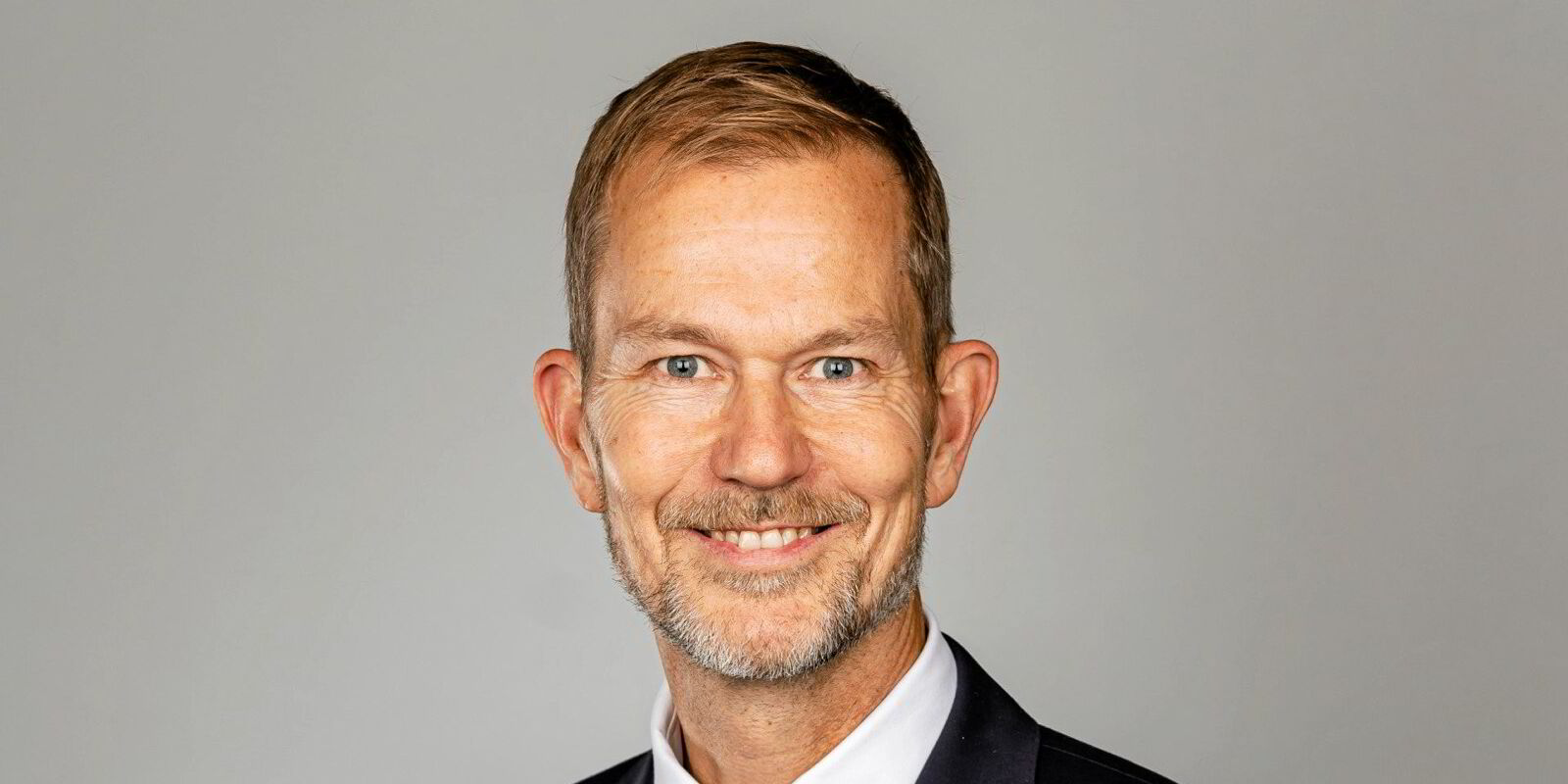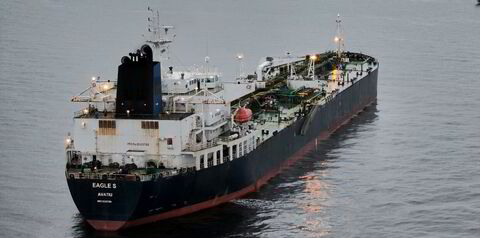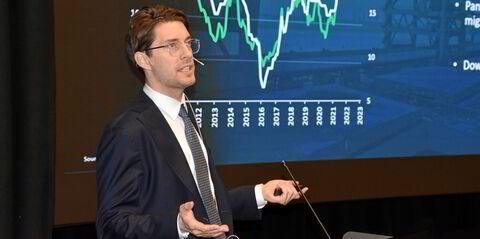Uniper has begun using bio-LNG production capacity at Rotterdam’s Gate terminal to produce the fuel for shipping and road transport.
The German energy company said the move makes it the first shipper at the Dutch LNG hub to begin liquefying biomethane.
Bio-LNG or liquefied biomethane is produced from biological waste and can help reduce the greenhouse gas footprint of LNG-fuelled vessels.

Chief commercial officer Carsten Poppinga described the move as a step forward for Uniper’s decarbonisation efforts.
“The decarbonisation of the market for marine and truck fuels will require the use of several low to zero-carbon fuels,” he said.
“Bio-LNG is among the most important ones.”
Poppinga said the fuel will help shipping, including Uniper’s own fleet, meet the International Maritime Organization’s decarbonisation targets.
“It is great that once again we are able to generate incremental value out of our Gate terminal asset.”
Uniper has 1bn cbm per year of capacity rights at Gate, an LNG import facility controlled by Vopak and Gasunie. The German company’s capacity rises to 4bn cbm per year in October.
The company said its bio-LNG at the terminal is certified under the International Sustainability & Carbon Certification scheme.
It is made from biogas produced in the European Union and then upgraded to biomethane, which involves removing CO2 and hydrogen sulphide. It is then fed into the Dutch natural gas grid.
The Gate liquefier can convert 100,000 tonnes per year of that gas into bio-LNG.
“This is another step in developing a fully integrated biomethane-bio-LNG supply chain within Uniper to increase the value of our Gate asset and further reduce the emissions of our portfolio,” Uniper said.
Last month, Titan Clean Fuels and United European Car Carriers announced that they had teamed up to carry out a series of vessel bunkering operations at the Belgian port of Zeebrugge using liquefied biomethane.





